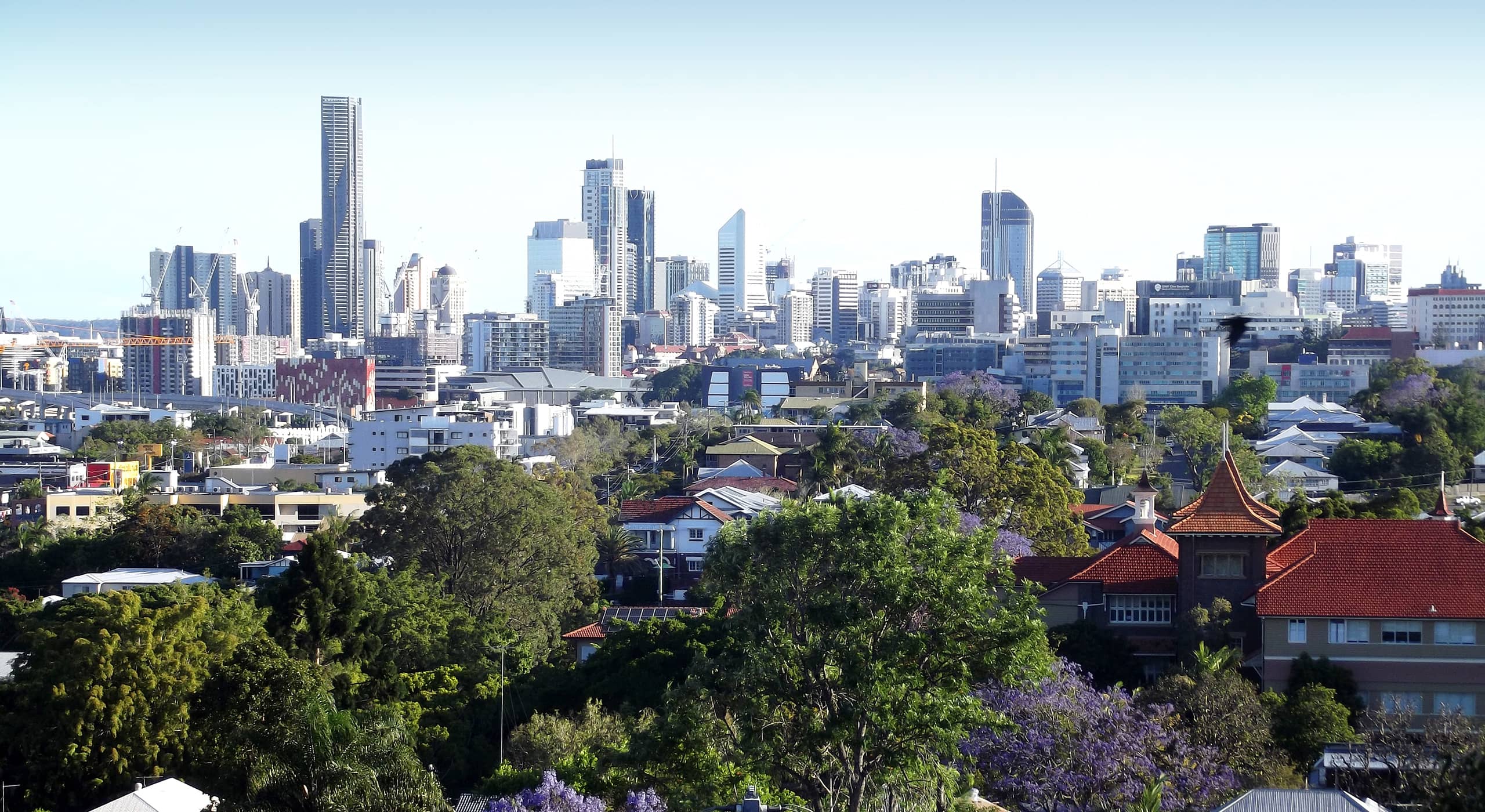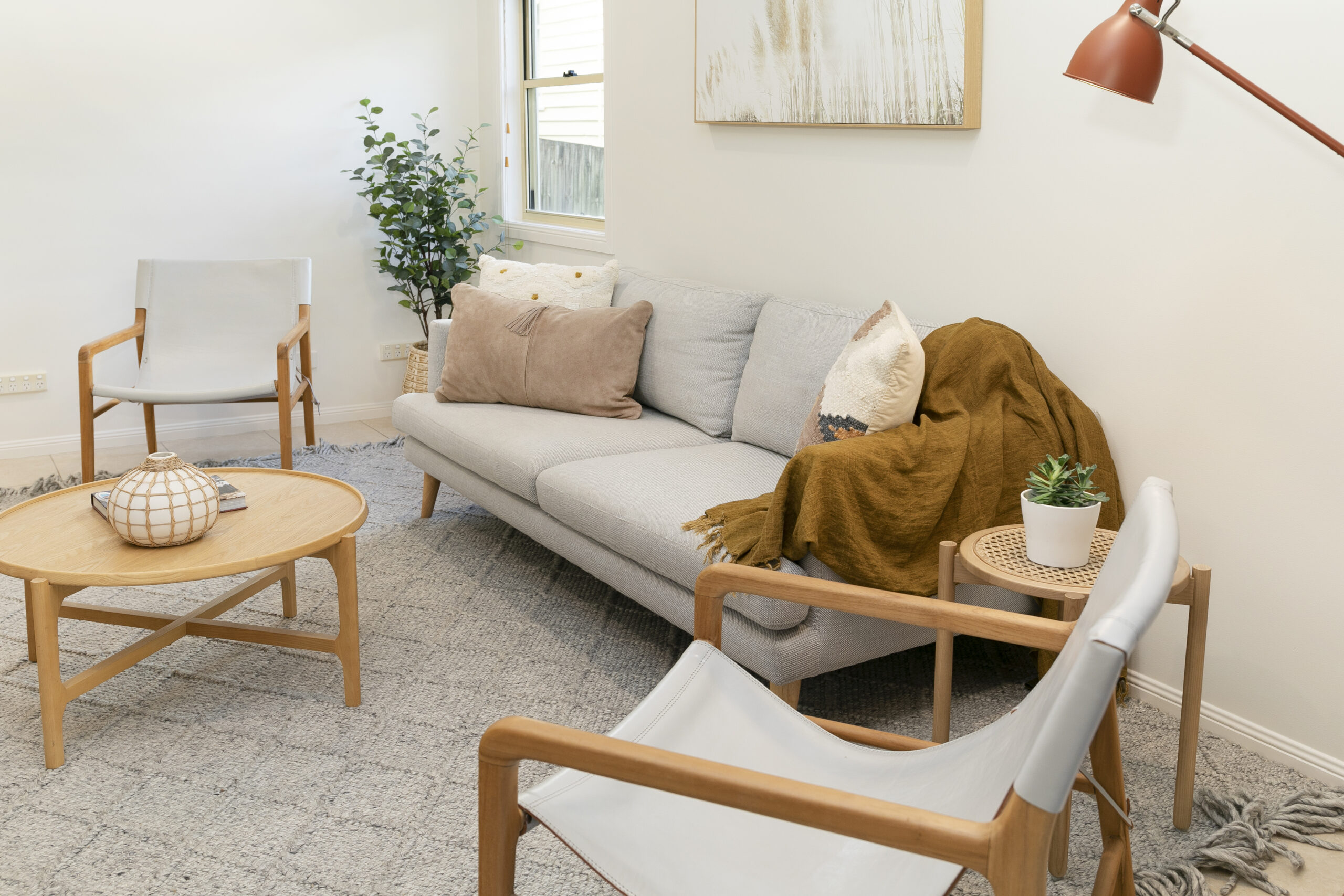
Songdo district is the largest private real estate development in history. By its completion date, the district is planned to contain 80,000 apartments, 50,000,000 square feet of office space and 10,000,000 square feet of retail space.
Built on 1500 acres of reclaimed land in South Korea, the US$35 billion project has been called the world’s smartest city.
Marked to be completed in 2017, Songdo International Business District will be home to 65,000 residents and 300,000 people will commute in daily.
The IBD will be 64 kilometres from Seoul and only 11 kilometres from Incheon International Airport.

The Design
Designed by Kohn Pedersen Fox and developed by Gale International, when completed the city will be a model of sustainable innovation.
The master planned city will include commercial office space, residences, retail outlets, hotels, schools and hospitals.
In keeping with a sustainable city premise, it will feature over 600 acres of green spaces, 100 of which will include a New York inspired central park.
Songdo’s civic and cultural precinct include the architectural Songdo Convensia, operating as Incheon’s primary convention centre and is Korea’s largest column-free interior space.
The Incheon Arts Center, a cultural complex housing a concert hall, opera house, museum of Asian contemporary art, a music conservatory, design school, artist in residence housing, and a library.
3M and Microsoft have partnered with the development to bring the city the state of the art healthcare facilities.

Sustainable City
The city will be the first Leadership in Energy and Environmental Design (LEED) certified district in Korea and the largest project outside North America to be included in the LEED ND (Neighbourhood Development) Pilot Program.
The LEED-ND program emphasises neighbourhood connectivity, access to transit, energy efficiency in building design, efficient infrastructure design and the provision of open space and habitat for residents of all kinds.
“Songdo IBD was designed to be a model for future, sustainable city-scale developments not only in Asia but across the globe,” said Stan Gale, chairman of NSIC and of Manhattan-headquartered Gale International.
“We have made a full commitment to be a LEED champion, which has meant everything from overseeing the first translations of USGBC documentation into Korean to helping train third-party design/build partners in Songdo.”
According to World Finance, the entire development adheres to the strictest environmental standards for energy consumption and waste. According to developers, over US$10 billion was invested in the design and build of the 100 main buildings in the district, including the Northeast Asia Trade Tower, which will be Korea’s tallest building and most advanced corporate centre.

Technology and Innovation
According to the BBC Songdo has been designed with sensors to monitor temperature, energy use and traffic flow. These sensors can – in theory – alert you, personally, when your bus is due. Or let the local authority know about any problems.
A lot of these innovations are designed with the environment in mind – charging stations for electric cars, for example, or a water-recycling system that prevents clean drinking water being used to flush office toilets.
The waste disposal system is also impressive – or it would be if you could see it. Because there are no rubbish trucks trawling the streets or vast bins dotted around blocks of flats. Instead, all household waste is sucked directly from individual kitchens through a vast underground network of tunnels, to waste processing centres, where it’s automatically sorted, deodorised and treated to be kinder to the environment.
So is Songdo the way of future development? With other smart cities such as Masdar City taking off, it is only a matter of time before people realise the potential for creating cities focused on technology and sustainable living.
Article source: The Urban Developer http://www.theurbandeveloper.com/songdo-paves-the-way-for-the-smart-cities-of-the-future/?omhide=true


